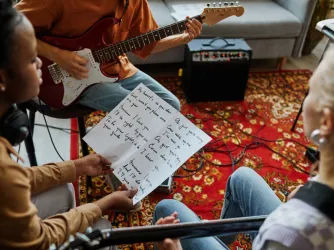Table of Contents
Social Work Injustice on Inside Higher Ed
Today’s Inside Higher Ed carries an article covering the ADF’s lawsuit against Missouri State University for its outrageous, ideologically based treatment of social work student Emily Brooker. The case, which was covered by our own Luke Sheahan in a blog yesterday, involves, among other things, Brooker’s being forced to write a letter to legislators supporting a political policy with which she disagreed. This is very similar to the case of social work student Bill Felkner at Rhode Island College, who was also forced to lobby the state legislature for a policy that he didn’t really support.
Those who follow FIRE’s work, of course, weren’t surprised to see these abuses happen in social work schools. Last week, FIRE wrote to the federal Department of Health and Human Services (HHS) about the political litmus tests endorsed by the Council for Social Work Education (CSWE)—the accrediting body for schools of social work. HHS social workers must have a degree from a CSWE-accredited school—and CSWE-accredited schools must evaluate students on their dedication to “social and economic justice,” which are undeniably controversial issues. Neither Bill Felkner nor Emily Brooker fit in with the mainstream of students at their schools of social work when it came to those issues. Is it a coincidence, then, that they were the ones punished for their beliefs?
Recent Articles
Get the latest free speech news and analysis from FIRE.

Why FIRE is suing Secretary of State Rubio — and what our critics get wrong about noncitizens’ rights
FIRE is suing Secretary of State Rubio to defend the First Amendment rights of legal immigrants threatened with deportation simply for speaking their minds.


LAWSUIT: FIRE challenges unconstitutional provisions Rubio uses in crusade to deport legal immigrants over protected speech
FIRE seeks a landmark ruling that the First Amendment forbids the government from deporting lawfully present noncitizens for constitutionally protected speech

Fiction is not a felony
In courts across the country, prosecutors are turning lyrics into alleged confessions. A new bipartisan bill — the RAP Act — aims to protect artistic freedom.